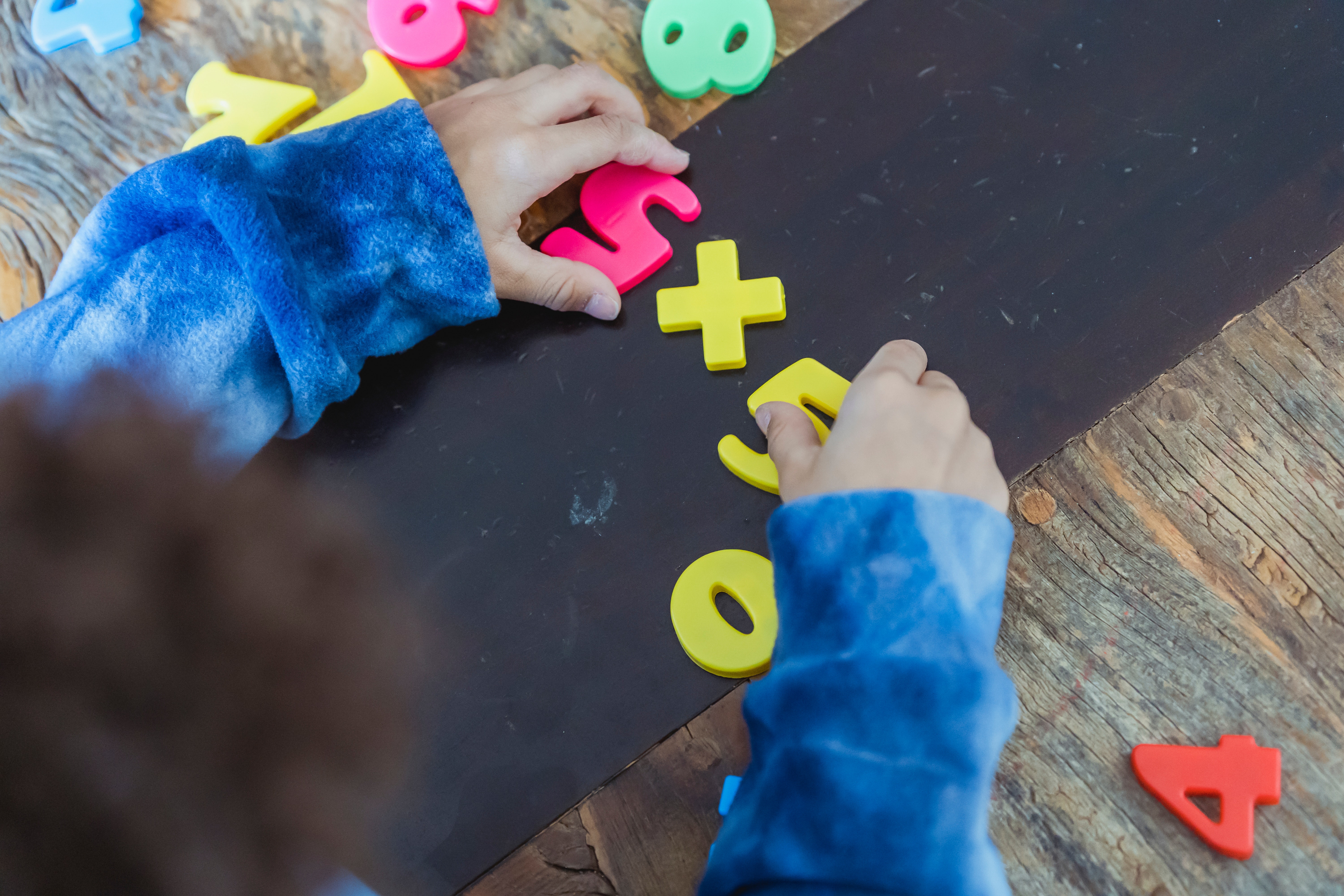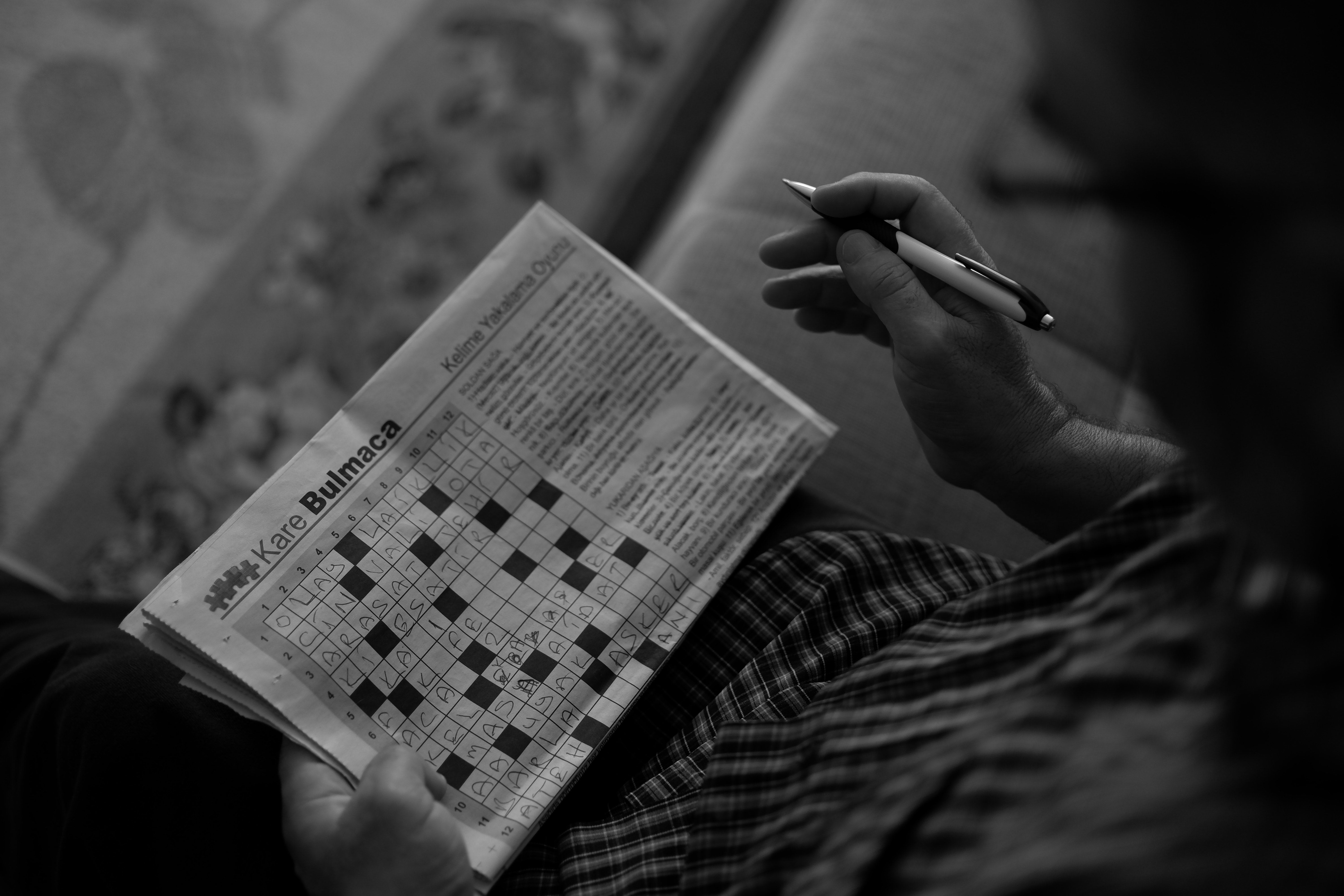Puzzles have long captivated the human mind, from the intricacies of jigsaw puzzles to the challenge of solving riddles and crosswords. Beyond the sheer enjoyment they offer, puzzles hold a deeper significance in the world of cognitive development. In this blog post, we will explore how puzzles enhance memory and critical thinking skills, shedding light on the science behind this engaging and brain-boosting pastime.
The Cognitive Workout:
Memory Boost Through Pattern Recognition:
Puzzles often require players to recognize patterns, whether in the arrangement of puzzle pieces or in solving Sudoku grids. This act of pattern recognition strengthens memory as it exercises the brain’s ability to recall and apply previously learned information.
Problem-Solving and Spatial Memory:
Spatial puzzles like mazes and 3D puzzles encourage the development of spatial memory. This skill is not only crucial in everyday life but also linked to better cognitive performance in various tasks.
Cultivating Critical Thinking:
Logical Deduction and Reasoning:
Many puzzles, such as logic puzzles and brainteasers, demand logical deduction and reasoning. These exercises stimulate the brain’s executive functions, enhancing one’s ability to analyze, plan, and solve complex problems.
Flexing the Cognitive Muscles:
Engaging with puzzles requires focused attention and the application of problem-solving strategies. This mental workout contributes to the growth of neural pathways associated with critical thinking, making individuals better equipped to handle real-world challenges.
The Brain’s Reward System:
Dopamine and the Pleasure of Puzzle Solving:
The brain’s reward system, which releases dopamine when we experience pleasure, is activated when we solve puzzles. This not only makes puzzles enjoyable but also encourages us to persevere and tackle more difficult challenges.
The Long-Term Benefits:
Staving off Cognitive Decline:
Research suggests that regular engagement with puzzles may help stave off cognitive decline in later years. It’s like a fitness regimen for the brain that keeps it agile and resilient.
Improved Learning:
Enhancing memory and critical thinking skills through puzzles can have a positive spill-over effect on learning. Students who engage in puzzle-solving often find it easier to grasp complex subjects and retain information.
Conclusion
In a world filled with distractions and information overload, puzzles provide a respite for the mind. They not only offer entertainment but also serve as powerful tools for enhancing memory and critical thinking. Whether you’re enjoying a crossword puzzle, solving a Sudoku, or tackling a brain-teaser, remember that each puzzle you conquer is a step toward a sharper, more resilient mind. So, the next time you pick up a puzzle, savor the challenge, knowing that you’re nurturing your cognitive abilities and reaping the rewards for years to come.



